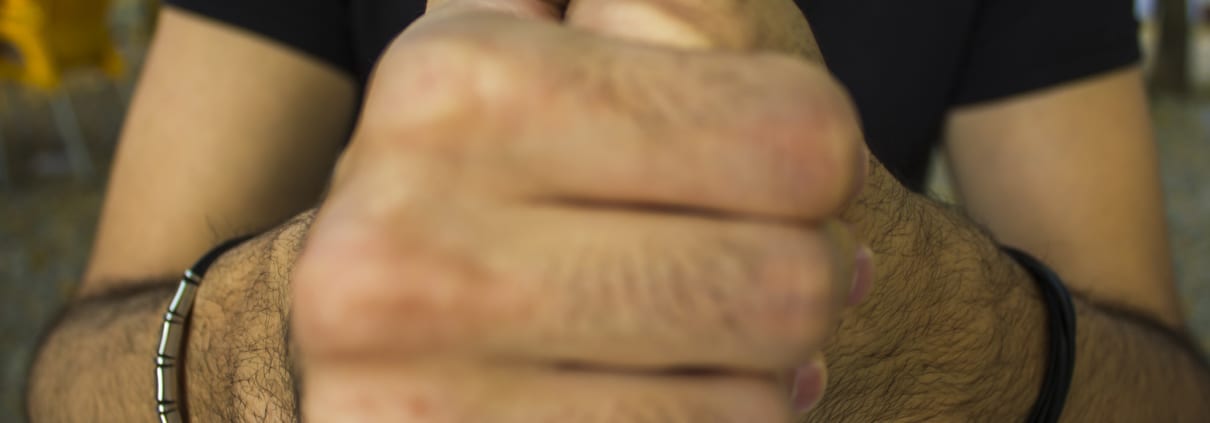Why is cracking one’s knuckles so addictive?

In this world there seem to be two types of people – the knuckle (and other joint) crackers who indulge their habit on a regular, if not daily basis, and those who have to put up with it.
Joint crackers defend themselves by saying that they find great satisfaction or even release in pushing, pulling or bending fingers, knuckles or other joints until they pop. Onlookers tend to find it a) revolting b) unnerving c) plain annoying but nothing they say seems to make a difference. Neither do dire warnings from friends and family that a lifetime of cracking could damage the joint. Those poppers just keep on popping.
That popping noise explained
After nearly 100 years of mystery and various theories, we seem to be getting closer to a definitive explanation for the distinctive noise produced by the cracking process. That’s thanks to curious École Polytechnique graduate student Vineeth Chandran Suja (a veteran knuckle cracker) and Dr Abdul Barakat, who together developed mathematical equations to describe the sound of knuckles cracking.
Each joint is lubricated by synovial fluid – its presence helps to facilitate optimal joint/bone movement and comfort. Suja and Barakat compared a recording of popping sounds from the model joint that had a bubble in its surrounding fluid with the noise from their own knuckles and found that the two were very similar. They concluded that the knuckle cracking sound comes from a partial collapse of bubbles in the synovial fluid. Their findings were published in March 2018 in the journal Scientific Reports.
Why do people crack, and can it cause problems?
That’s the big question. A combination of nervous habit and stress relief could be part of the picture. But joint manipulation also stimulates nerve endings1 and this action relaxes the muscles surrounding the joint, so crackers may feel momentarily more mobile in that joint. Overly forceful cracking can injure the joint but several studies have failed to demonstrate a solid link between habitual knuckle-cracking and the onset of arthritis.
Caring for your joints
Joints are essential to maintaining full mobility, enabling you to work, rest and play. Check out our tips for taking care of them:
- Try not to crack your knuckles and other joints. If you must, be gentle!
- Maintain an appropriate body weight to help reduce pressure on the joints.
- Take regular, low-impact exercise such as walking, cycling and swimming to help keep joints healthy, reduce stiffness and minimize the risk of injury. Try to build up the muscles surrounding the joints so they can better support the joints and act as a shock absorber. A gym instructor or personal fitness trainer can help you with this.
- Stretch every day, to facilitate flexibility and free movement of your joints.
If you are experiencing pains in any of your joints, give The Robin Kiashek Clinics a call on 020 8815 0979 or request an appointment? We will assess you thoroughly and provide a personalised treatment plan, including exercises and guidance on preventing injury and making the most of your body. It may or may not include ‘cracking’ depending on patient preference and requirements!
1 Medical News Today 21 June 2017 (reviewed by William Harrison MD)





Leave a Reply
Want to join the discussion?Feel free to contribute!